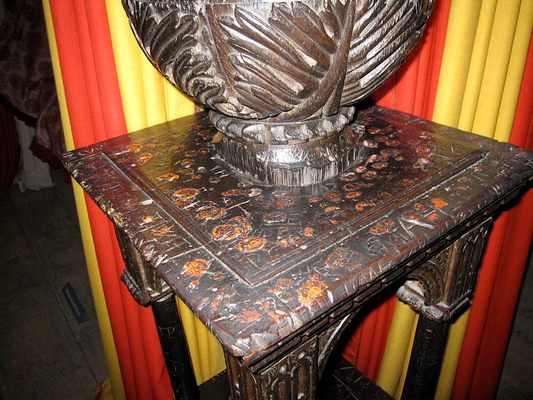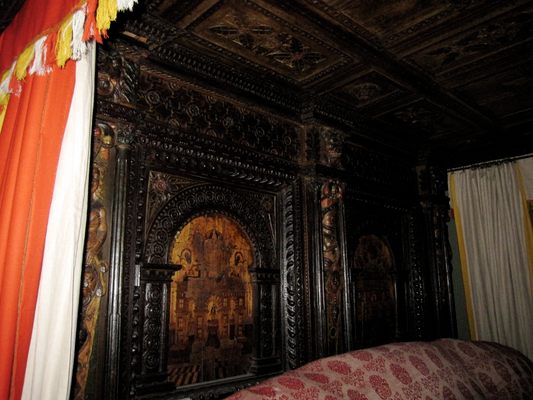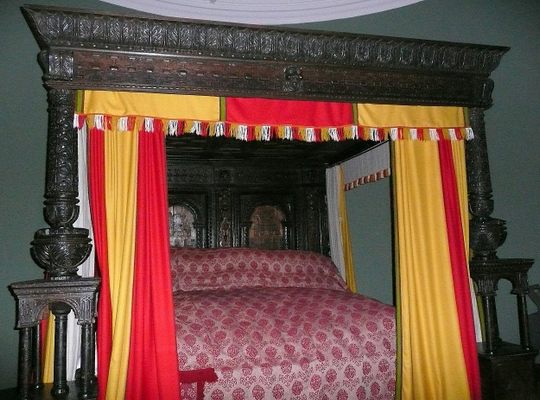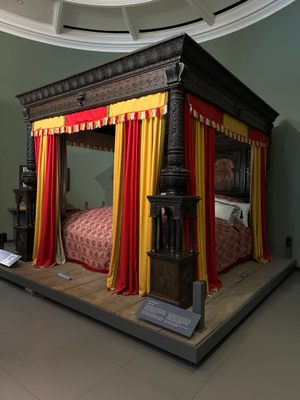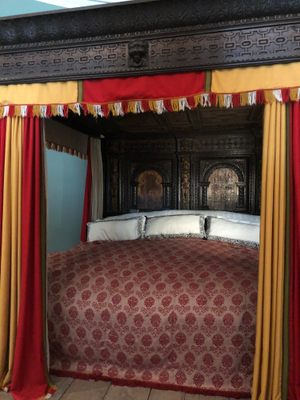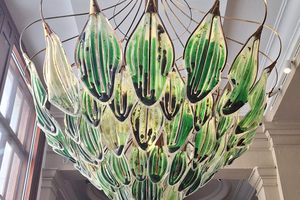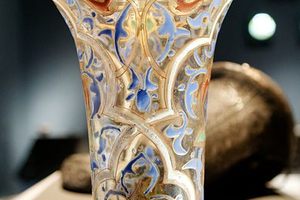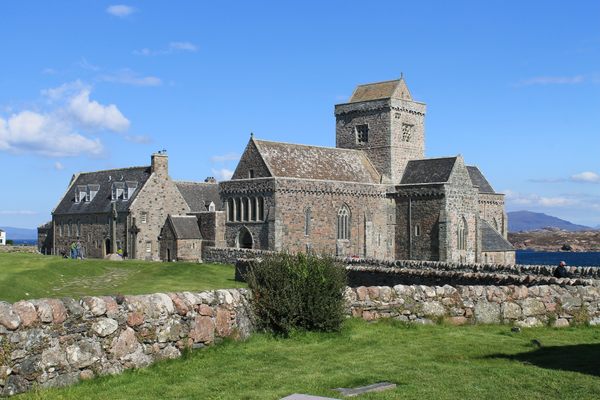About
The Great Bed of Ware is not only a beautifully carved piece of historical furniture, but the giant four-poster sleeper was a symbol of bawdiness that became so popular, both Shakespeare and Byron used it in their writing.
Now located in the Victoria and Albert Museum in London, England, the bed was, and is, most famous for its size, twice the size of a modern double bed. At around 118 square feet of sleeping space, it is rumored to be able to fit four couples comfortably. It was built sometime between 1590 and 1600 and was likely intended to act as a novelty item that might draw customers to the inns of Ware.
The giant wooden bed is covered in intricate carvings of figures and symbols of lust and virility. It was passed among the inns of Ware, and as people came to stay on its huge mattress they would carve their initials into the headboard, or drop their wax seal on the posts. The bed became so notorious that it was mentioned in William Shakespeare's play, Twelfth Night in 1601 (reflecting how quickly it became an object of conversation), and in Byron's Don Juan.
The Great Bed of Ware is easily one of the most beautiful works of furniture ever produced, not to mention one of the most fictionally debauched.
The Great Bed of Ware now sits on display at the Victoria and Albert Museum in London. The museum acquired the bed in 1931 and it has never been off display since then.
Related Tags
Know Before You Go
The Great Bed of Ware is located in room 57 within the British Galleries section of the Victoria and Albert Museum. The room can be accessed by entering the museum via the Cromwell Road entrance and then taking the stairs to the left.
The museum itself is open daily from 10:00 am to 5:45 pm (or until 10:00 pm on Fridays). Entry to the museum is free.
Community Contributors
Added By
Published
July 29, 2015

